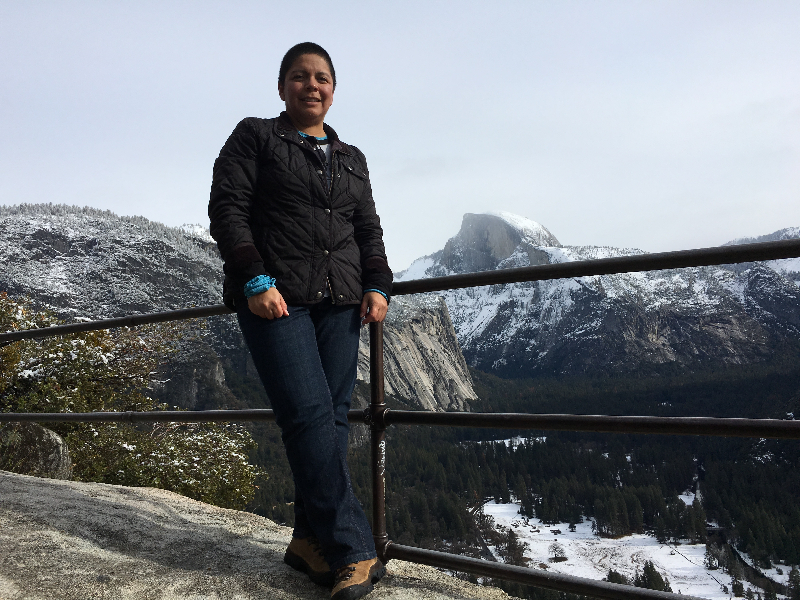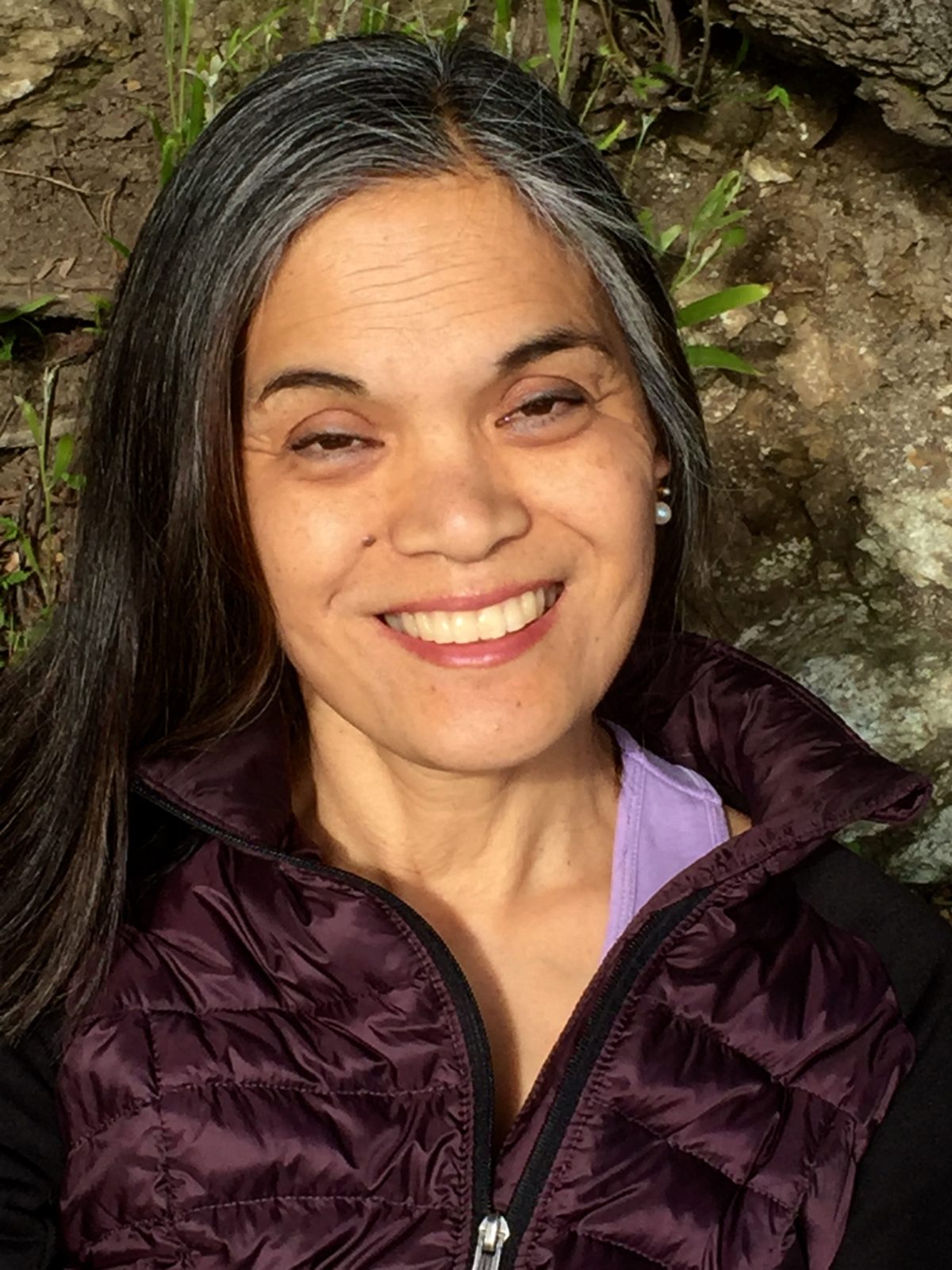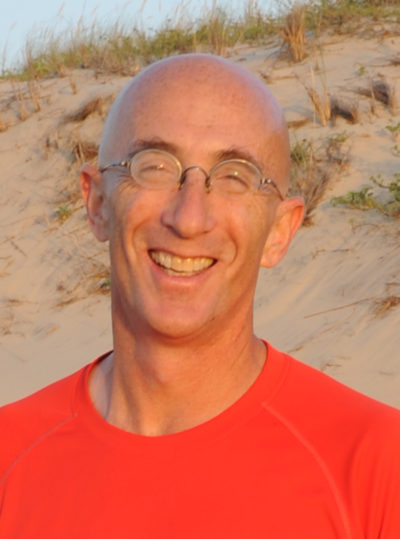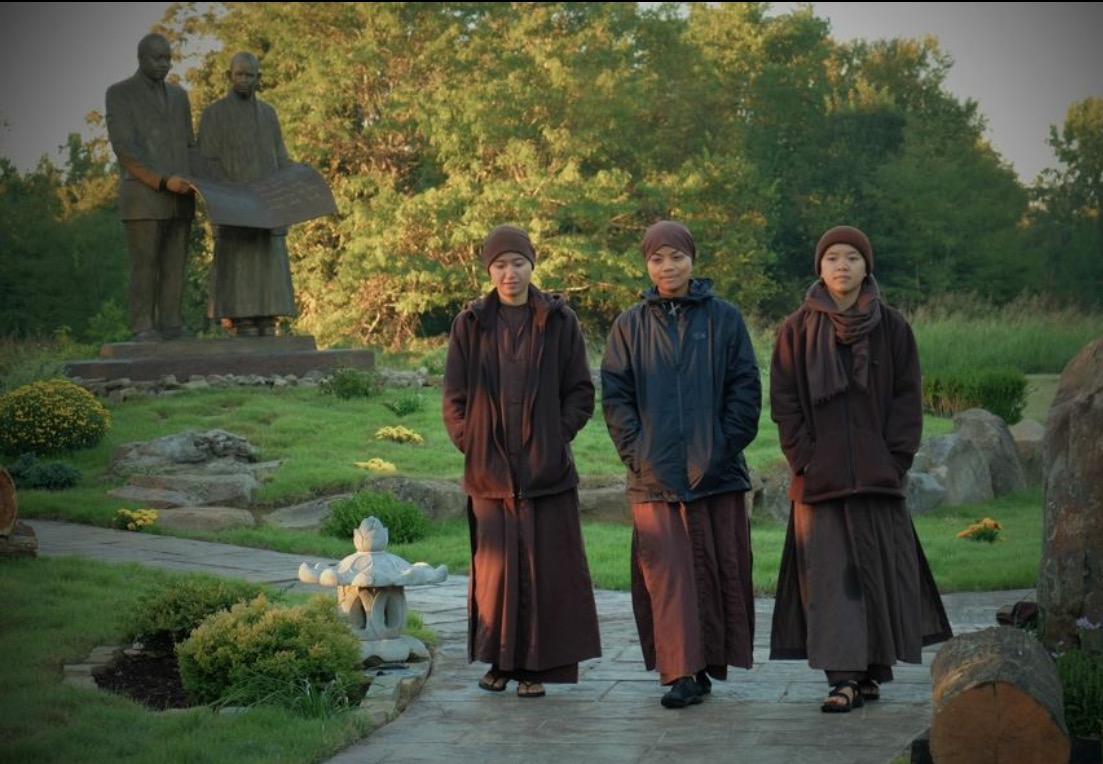
ANTOINETTE GONZÁLEZ
The practice of pausing, looking deeply, and being fully present is very difficult and liberating. When I first seriously looked at racial inequality, I was an undergraduate grappling with coming out as a lesbian and being a first-generation Chicana in college. As I learned more about social inequity, it made me angry. I was angry that many generations of communities of color were cheated from their fullness.

ANTOINETTE GONZÁLEZ
The practice of pausing, looking deeply, and being fully present is very difficult and liberating. When I first seriously looked at racial inequality, I was an undergraduate grappling with coming out as a lesbian and being a first-generation Chicana in college. As I learned more about social inequity, it made me angry. I was angry that many generations of communities of color were cheated from their fullness. As a student activist, I began to see clearly that anger was not enough. Anger is not enough to build a lasting movement or address the continual sores of inequity that fester in our communities. Looking back on my student activism days, I see that we were building a message and vision for a better community (of students) and love for our community.
Many years later, walking into a meditation hall at Deer Park Monastery, I was moved by the bridging of spirituality and politics. It was my first retreat, and it happened to be a retreat for people of color. All parts of me felt at home. Today, as I participate in a group of mindful practitioners who are committed to embarking on a journey of looking deeply and engaging on issues of racial inequity, I feel a renewed awakening. Too often, there is a disconnect between what is occurring in communities of color, such as racial violence and marginalization, and what is held in the space of our Sanghas.
Loving energy, healing, and wisdom are greatly needed in our communities, especially as racial inequities continue. Questions to my fellow practitioners are: Can I lean on you? How can we find ways to engage and build loving communities even in our imperfect ways of expressing ourselves? My desire for racial and social justice pushes me to engage.
Antoinette González is a member of POC Sangha and Open Heart Sangha in San Diego and also an online Sangha. While living in Central California (Fresno), she has the sheer joy to consider Yosemite National Park her nature Sangha. She is an immigrant rights attorney and is passionate about racial and social justice.

VICTORIA MAUSIA
I am Filipina, and this work brings voice to what I, my family, and my ancestors could not previously voice to the dominant culture in our American society. I continue to heal every day, and as I continue this work, I see more deeply how my ancestors could not voice their pain and how that pain is in me. This work is a continuation of healing for myself, for my ancestors, for our future, and for the world. I see how important it is for us to be with one another in Sangha, to listen deeply, to be present with one another, to nourish one another in order to heal and transform our pain. I see that we are creating and paving the way to a bridge towards deeper understanding. Can we, with intention, compassion, love, and mindfulness, find a way for all of us—people of color, people of mixed heritage, and white friends—to heal together?
Victoria Mausisa, True Eternal Garden, has been practicing in the Plum Village tradition since 2002. She offers volunteer spiritual care to the community, having completed the Buddhist Chaplaincy Program at the Sati Center for Buddhist Studies. She lives in Oakland, California, and enjoys practice with the Mindful Peacebuilding Sangha, hellajust and compassionate People of Color Sangha, and Couples Sangha.

MATT SHERMAN
I am a straight, white male born and raised in the United States. The seeds of the Second Mindfulness Training have been sown in me and are taking root. As I look more deeply, I am becoming more aware of the suffering caused by exploitation, social injustice, stealing, and oppression.
I also recognize that this seed was sown in me by my Jewish ancestors, who arrived in this country not yet “white,” and by my parents and their cousins who worked for civil rights in the 1960s and 1970s. I see how it’s been so easy for me, as a straight, white male, to fall back asleep, to live without awareness of this suffering in my life and of how people of color in this country don’t have this option, living with the reality of racism every day.
As my personal understanding grows, my heart is calling for me to become engaged, to do what I can to raise collective awareness and to give voice to the question of what can be done to change this narrative we hold as white Americans. I will share my time, energy, and material resources with those who are in need. White America is in need. We are in need of a new narrative and a new understanding. We are in need of awakening.
Matt Sherman, Truly Holding Joy, was ordained as a Dharma teacher by Thich Nhat Hanh in Plum Village in May of 2014. He and his wife Margit met in Plum Village in 2002 and now reside in Denver, Colorado.

